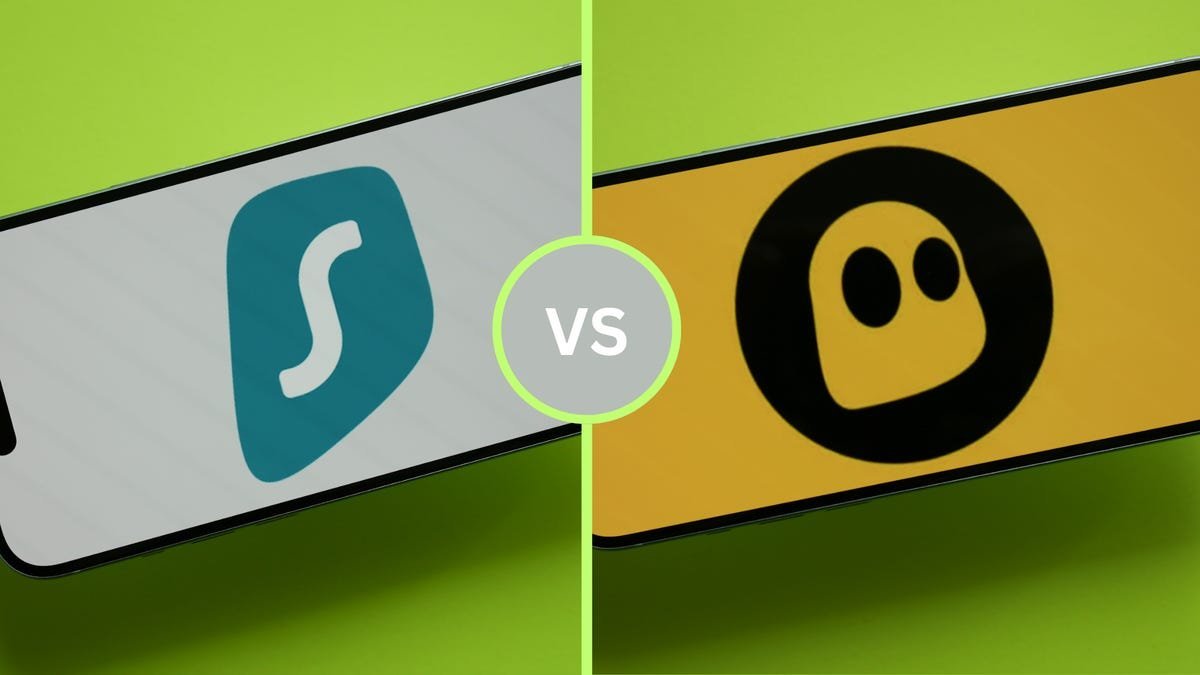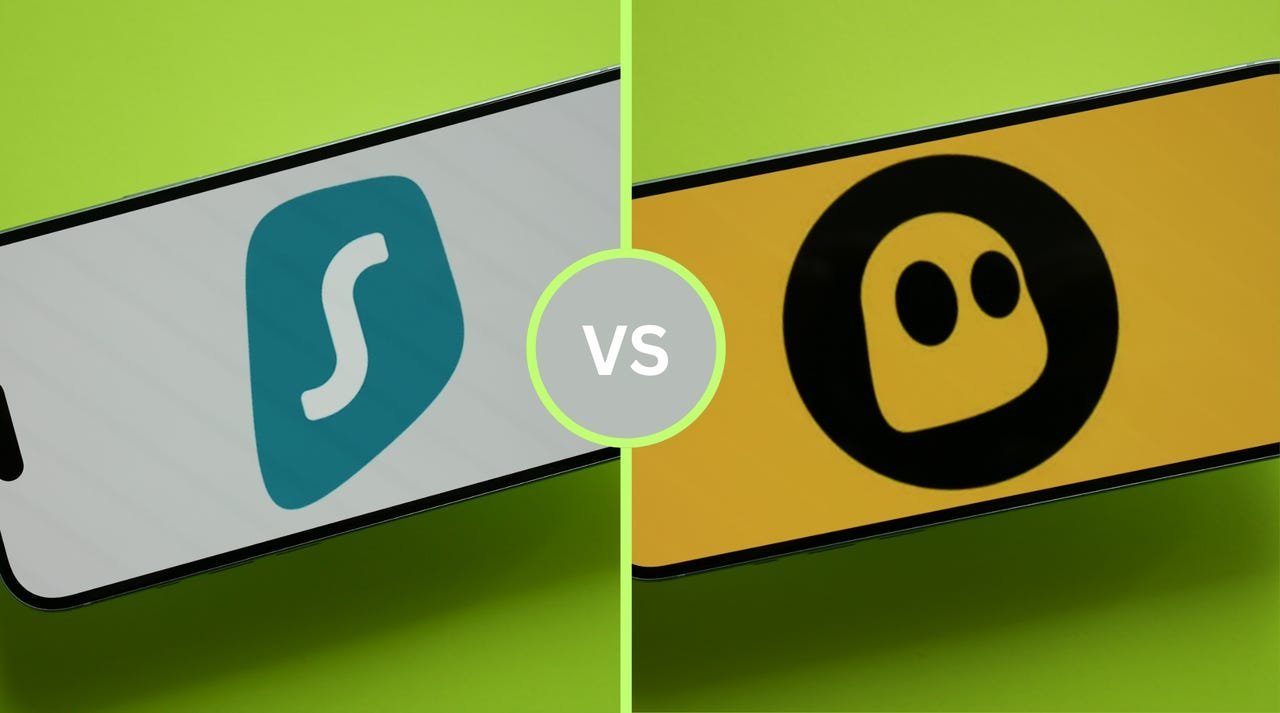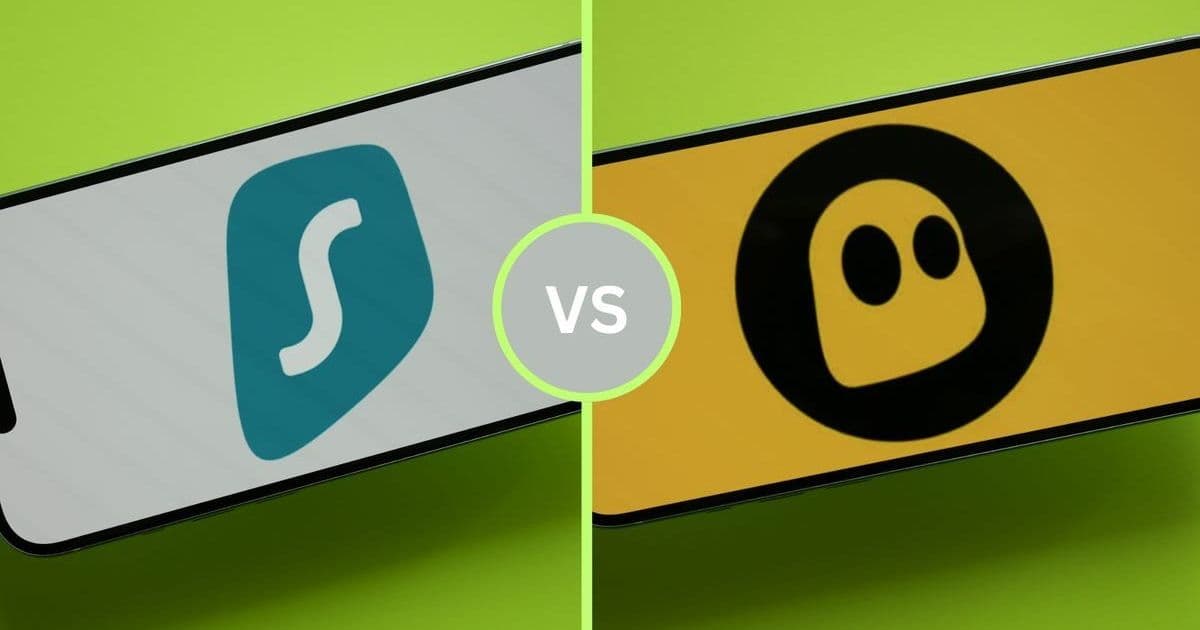Surfshark and CyberGhost dominate the VPN landscape with robust security and streaming prowess, but their divergent strengths cater to distinct user needs. This analysis cuts through the noise to reveal which service excels in speed, privacy, and accessibility for developers and remote workers navigating today’s threat landscape.
In an era where data breaches and geo-restrictions loom large, choosing the right VPN isn't just about encryption—it's about aligning digital armor with your workflow. Surfshark and CyberGhost consistently rank among top contenders, offering AES 256-bit encryption, audited no-logs policies, and sprawling server networks. Yet, as ZDNET's Kennedy Otieno highlights in his hands-on testing, their differences in speed, specialization, and usability demand scrutiny for tech professionals prioritizing performance and privacy.

Core Specifications at a Glance
| Feature | Surfshark | CyberGhost |
|---|---|---|
| Pricing (24-month) | $1.99/month | $2.19/month |
| Servers | 3,200+ across 100 countries | 10,000+ across 100 countries |
| Simultaneous Connections | Unlimited | 7 devices |
| Key Protocols | WireGuard, OpenVPN, IKEv2/IPSec | WireGuard, OpenVPN, IKEv2/IPSec |
| Specialized Servers | MultiHop, Obfuscated, P2P | Streaming, gaming, torrenting |
| Jurisdiction | Netherlands (14 Eyes Alliance) | Romania (privacy-friendly) |
| Free Trial | 7 days (mobile only) | Up to 7 days (PC/mobile) |
| Money-Back Guarantee | 30 days | 45 days |
When Surfshark Takes the Lead
Unlimited Connections and Network Flexibility
Surfshark’s crown jewel is its unlimited device policy—ideal for developers juggling multiple endpoints or households sharing subscriptions. Unlike CyberGhost’s seven-device cap, this allows seamless scaling across IoT ecosystems. Coupled with Camouflage Mode (which masks VPN traffic) and NoBorders (for bypassing firewalls in restrictive regions like China), it’s engineered for high-risk environments. Otieno notes occasional connection delays during testing, but once linked, Surfshark’s WireGuard implementation delivered superior speeds for data-intensive tasks like CI/CD pipeline management.
Advanced Security Tailoring
Beyond baseline encryption, Surfshark offers rotational IPs to thwart tracking and an integrated antivirus suite for real-time threat blocking—features absent in CyberGhost. However, its Dutch jurisdiction poses privacy risks under the 14 Eyes Alliance, a trade-off for its richer toolkit.
CyberGhost’s Strategic Advantages
Streaming and Gaming Optimization
CyberGhost dominates media-centric use cases with dedicated servers for 80+ streaming platforms and low-latency gaming nodes. Its Smart DNS extends compatibility to devices like LG/Samsung TVs—crucial for QA testers validating geo-specific content. Otieno observed flawless streaming performance, contrasting with Surfshark’s occasional server-switching hiccups. As one cybersecurity expert emphasizes:
"For teams testing global content delivery, CyberGhost’s specialized infrastructure reduces false positives in region-locked service validation."
Beginner-Friendly Automation
CyberGhost’s lightweight apps and automation features—like WiFi Protection auto-connecting on untrusted networks—simplify deployment for non-technical users. Its 45-day refund window and multi-platform trials offer low-risk evaluation, though router support lags behind Surfshark’s WireGuard compatibility.
The Strategic Choice for Tech Professionals
Surfshark suits power users needing customizable security and cross-device coverage, while CyberGhost excels in plug-and-play streaming and extended testing windows. Both economize long-term subscriptions, but Surfshark’s slight price edge and unlimited connections future-proof growing tech stacks. For developers, the stakes transcend speed—jurisdiction (CyberGhost’s Romania base vs. Surfshark’s Netherlands HQ) and protocol flexibility could dictate compliance in regulated industries. As VPNs evolve into holistic privacy suites, this duel underscores that no one-size-fits-all solution exists—only the right tool for your threat model.
Source: Kennedy Otieno, ZDNET (https://www.zdnet.com/article/surfshark-vs-cyberghost/)

Comments
Please log in or register to join the discussion